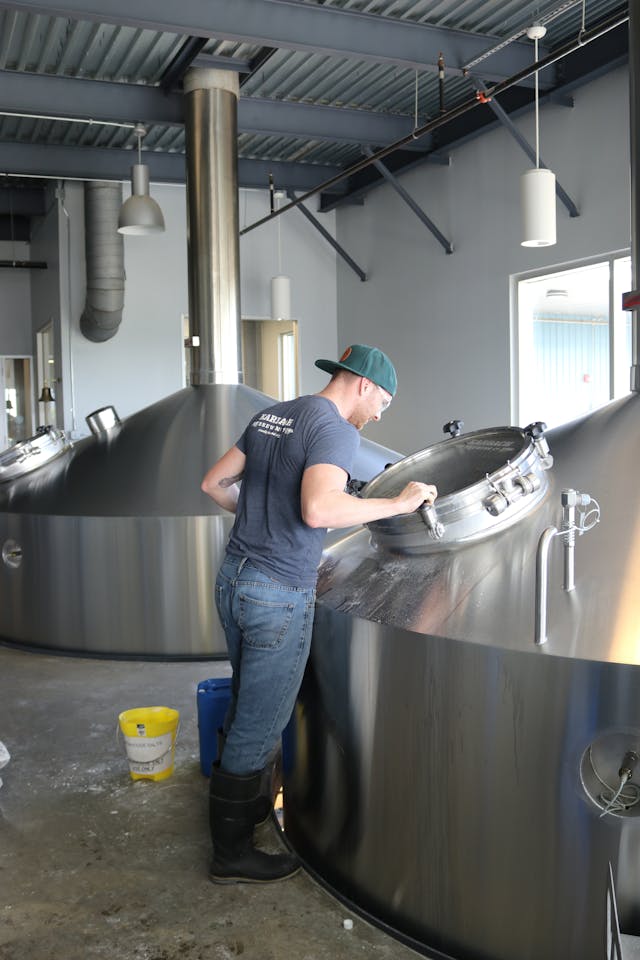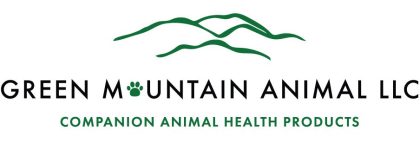Questions? Call Us Toll-Free 802-752-4738 | Email Us
Ensuring Compliance: Key Regulatory Considerations for Pet Product Manufacturers
 Do you have questions about pet product regulatory compliance? The pet product industry is a dynamic and competitive landscape, demanding premium brands to navigate a complex regulatory environment while consistently delivering high-quality, safe, and innovative products. Meeting and exceeding regulatory requirements is not just a legal obligation; it’s a cornerstone of building a successful and reputable brand in this thriving market. This blog will delve into key regulatory considerations for pet product manufacturers, providing insights and strategies for success.
Do you have questions about pet product regulatory compliance? The pet product industry is a dynamic and competitive landscape, demanding premium brands to navigate a complex regulatory environment while consistently delivering high-quality, safe, and innovative products. Meeting and exceeding regulatory requirements is not just a legal obligation; it’s a cornerstone of building a successful and reputable brand in this thriving market. This blog will delve into key regulatory considerations for pet product manufacturers, providing insights and strategies for success.
Pet Product Regulatory Compliance: Why Regulations Matter
Compliance with regulations is not merely a legal requirement; it’s fundamental to the long-term success of any pet product brand. It plays a crucial role in:
- Protecting Consumer Safety: Regulations are designed to safeguard pet health and well-being, ensuring products are free from harmful substances and meet stringent safety standards. This builds consumer trust and minimizes the risk of recalls and product liability issues.
- Building Consumer Trust: Transparency in labeling, ingredient sourcing, and adherence to regulations fosters trust and loyalty among discerning pet owners. Consumers are increasingly conscious of ethical and sustainable practices, and compliance demonstrates a commitment to these values.
- Maintaining Market Access: Compliance with regulations ensures that your products can be legally sold and distributed in target markets, avoiding costly recalls and legal challenges that can disrupt sales and damage brand reputation.
Navigating the Regulatory Landscape
The regulatory landscape for pet products can be complex and multifaceted, encompassing a wide range of areas. Navigating this landscape requires a thorough understanding of the specific requirements that apply to your product category. Key areas of focus include:
- Food Safety Regulations: Adherence to food safety standards, including proper handling, processing, and labeling of pet food and treats. This may involve adhering to guidelines for Good Manufacturing Practices (GMPs), Hazard Analysis and Critical Control Points (HACCP) principles, and specific regulations related to the use of additives, preservatives, and artificial colors.
- Animal Welfare Regulations: Ensuring that ingredients are sourced from suppliers that adhere to ethical and humane animal welfare practices. This may involve sourcing guidelines related to the humane treatment of animals used for food production, such as those raised for meat or used to produce animal by-products.
- Environmental Regulations: Compliance with environmental regulations related to packaging, waste disposal, and the environmental impact of manufacturing processes. This may include regulations related to the use of recycled materials, reducing plastic waste, and minimizing the environmental footprint of production operations.
- Labeling and Advertising Regulations: Accurate and truthful labeling of ingredients, nutritional information, and product claims. This includes ensuring that all claims are substantiated and that labeling complies with relevant regulations regarding font size, placement, and disclosure of allergens.
Staying Informed and Adapting
The regulatory landscape is constantly evolving. To maintain compliance, pet product manufacturers must proactively monitor and adapt. This requires:
- Staying Informed: Regularly monitor and stay updated on changes in relevant regulations and industry best practices. This may involve subscribing to industry newsletters, attending industry conferences, and consulting with regulatory experts.
- Developing Robust Compliance Programs: Implement comprehensive quality management systems, including thorough testing, record-keeping, and internal audits. This ensures that all products meet the required standards and that any potential issues are identified and addressed promptly.
- Engaging with Regulatory Bodies: Maintain open communication with relevant regulatory agencies to address any concerns and seek clarification on specific requirements. Building a positive relationship with regulatory agencies can help navigate challenges and ensure smooth compliance.
Partnering for Success
 Collaborating with a trusted manufacturing partner can significantly alleviate the burden of navigating the regulatory landscape. Green Mountain Animal, LLC possesses in-depth knowledge of pet product regulations and can provide valuable guidance and support, including:
Collaborating with a trusted manufacturing partner can significantly alleviate the burden of navigating the regulatory landscape. Green Mountain Animal, LLC possesses in-depth knowledge of pet product regulations and can provide valuable guidance and support, including:
- Regulatory Compliance Assessments: Conducting thorough assessments to identify potential compliance risks and develop strategies for mitigation. This may involve reviewing existing product formulations, labeling, and manufacturing processes to identify potential areas of concern.
- Expert Guidance: Providing expert advice on regulatory requirements, labeling guidelines, and best practices for ensuring product safety and quality. This can help manufacturers avoid costly mistakes and ensure that their products meet all relevant standards.
- Quality Control and Assurance: Implementing rigorous quality control measures to ensure that products meet all relevant safety and quality standards. This may involve conducting regular product testing, implementing robust quality control procedures, and maintaining detailed records of all production and testing activities.
Pet Product Regulatory Compliance: Contact Green Mountain Animal, LLC Today
Ensure your products comply with all regulations effortlessly. Green Mountain Animal, LLC has the expertise and resources to navigate compliance, letting you focus on growing your brand. Partner with us today and achieve peace of mind.
Green Mountain Animal, LLC
75 Catamount Drive
Milton, Vermont 05468
Phone: 802-752-4738

Sorry, comments are closed for this post.